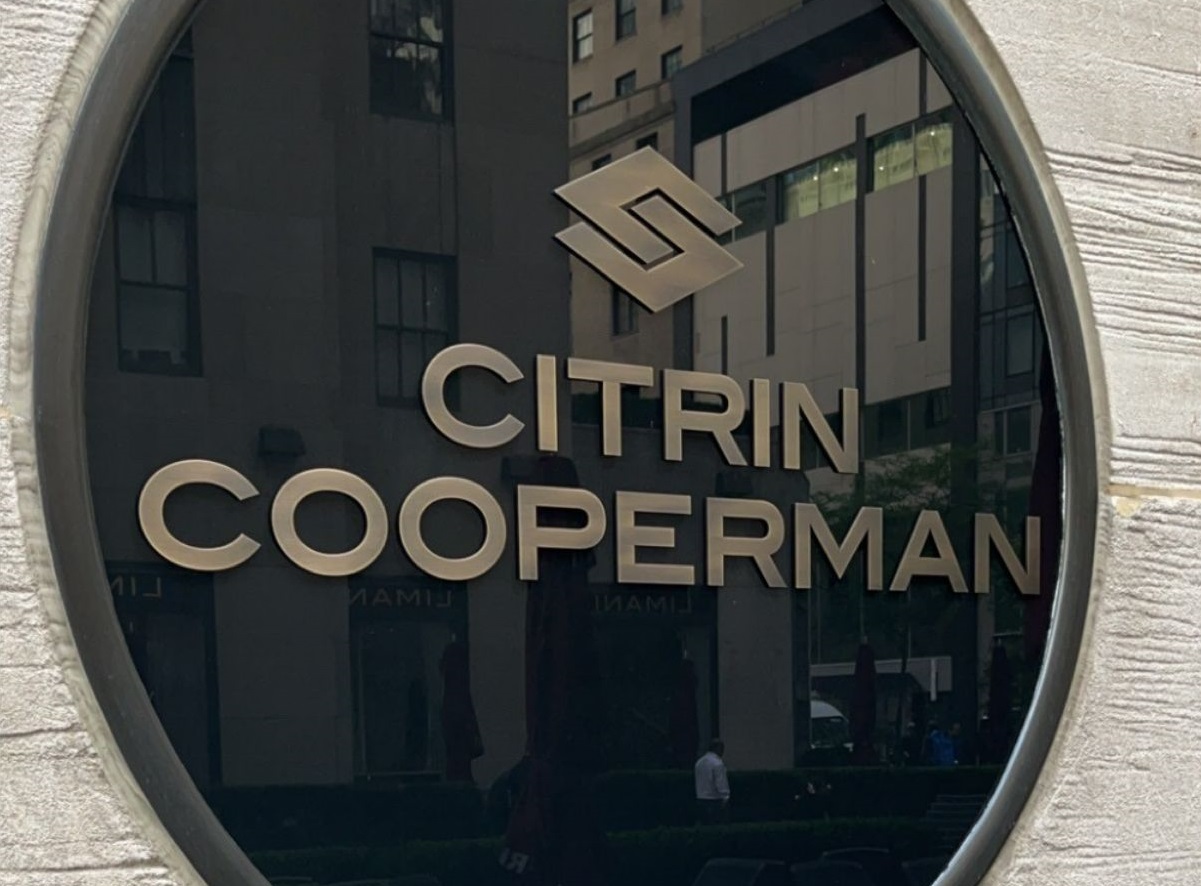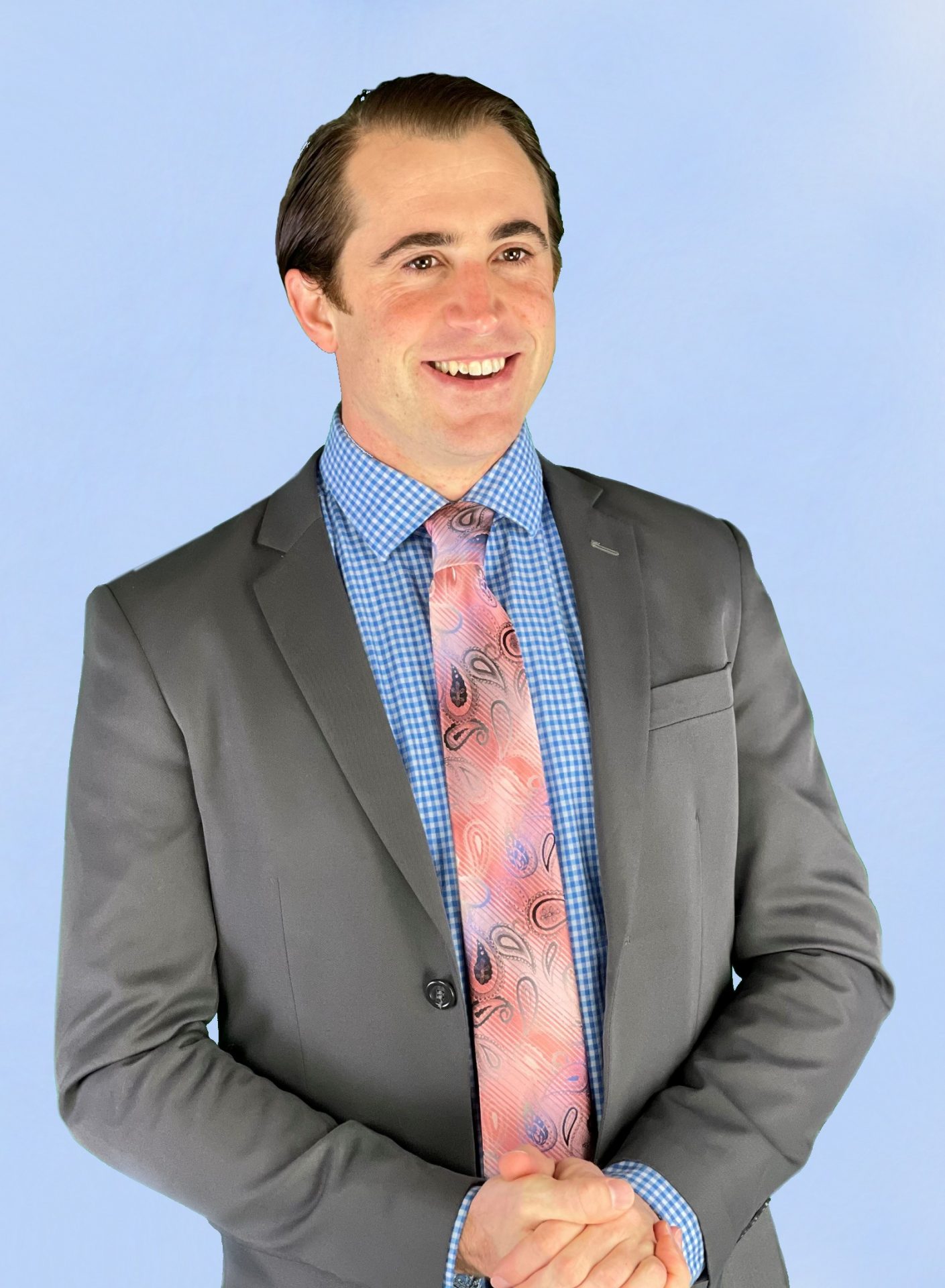As the wheels of time continue to wash away with the end of another busy season, it also means it is time to get excited for the warmth of spring and the relaxation which comes. What could make for a better time of year than the end of busy season and warm weather. It is part of the cycle of life in the accounting industry. But what if the weather didn’t turn warm and instead all across the country we were faced with “three months of snow”. That would certainly put a damper on the cycle.
Unfortunately, we often produce our own “three months of snow” after our busy seasons ends by not putting a focus on learning to nurture our own careers just like springtime breathes fresh new life into the air. Resist the urge to take a break after your busy season and instead start today shifting your mindset and embrace a love for learning.
Embody a positive millennial trait of loving to learn. That’s right those pesky millennials, actually have a strong desire to continuously learn new skills. In a recently study, 72% of millennials value the chance to learn new skills compared to just 48% for Baby Boomers, according to a survey done by PayScale. That means millennials value the opportunity to learn new skills 50% more than prior generations, that is not a small immaterial difference that you can pass on. It is a major leap and one that our profession has yet to take notice of.
If the way millennials view learning wasn’t enough to get you to rethink your focus on learning, a study in 2017 by Deloitte revealed that learning and development is the #2 topic on the minds of CEO and HR leaders, so clearly these millennials are onto something and we need to get started in our profession before we take a step back. Grow yourself and your firm this year by taking on a learning mindset with yourself and your firm and nourish your learning path.
The first step is to realize learning is more than just something we do for compliance and 40 hours of CPE each year, your learning path and the learning path for your organization is a key tool to accelerate your growth. The focus in the past was on large course catalogs that were almost all technical skills in nature (tax and audit updates), and our view of learning didn’t come into focus until December to cram in those CPE credits before year end. This traditional learning framework, has limited our growth potential and is another factor driving away millennials from a career in public accounting. What if instead of just taking courses for mandatory CPE credit, we valued learning new skills to evolve our careers and organizations. While the accounting industry may still be stuck in this traditional learning framework, the rest of the business world has already moved on and now is time for a change from this old outdated system and understand the three key aspects of loving to learn.
Macro & Micro
This change starts with understanding how millennials approach the concept of learning which aligns with the modern methods of organizational learning. For millennials learning falls into two main buckets, micro and macro. Micro-learning is all about learning something now. You have a question on section 199A or on the new leasing standards, you research the issue and find an answer. This also includes knowledge we pick up in short bursts over social media, YouTube, Podcasts, etc.. Perhaps, we want to learn more about a particular industry or niche before they go and meet with a client. Under this model, learning is no longer limited to your firm’s library or a course catalog. The next step in this learning journey is Marco-learning. This fall into the area of things we want to learn and in today’s modern landscape needs to include a range of subjects outside of the tax and auditing landscape. The Millennial mind embodies this in how much value they place upon learning new skills.
Skill Focused
We need to come to accept that learning for those in the accounting space cannot be 100% focused on technical skills. We need a strong foundation of technical skills, but non-technical skills cannot be ignored. Continue on your drive to learn this busy season and make a commitment to yourself to focus on one key non-technical skill area. This could be a client niche you work in, data analysis, blockchain, leadership skills, business strategy, or business development. Pick one key non-technical area and drive forward with a continuous learning path this year.
Continuous
This means fueling your love for learning throughout the year and not just in one single learning cram fest. In today’s digital learning your opportunities for learning are nearly endless and you need to leverage those options with a plan to keep your learning going through different formats. Move past just the course catalog and expand with a continuous format of learning, start with a book, look for YouTube videos, explore for a potential Podcast series, search for possible credentials and most importantly, seek out real life experiences and practical applications in the area. If you want to learn, seek out the knowledge and then begin to put that knowledge to use and keep driving that learning cycle.
Make a different choice as another busy season comes to a close and change your viewpoint on learning. Embrace a positive millennial’s trait and make a commitment to loving to learn. You know what will happen if you don’t make a change, you will cram a bunch of CPE credit in the last month of the year without gaining anything, so break the cycle. Evolve your career and embrace learning for your future growth.
======
Garrett Wagner, CPA.CITP is CEO and Founder of C3 Evolution Group.
Thanks for reading CPA Practice Advisor!
Subscribe Already registered? Log In
Need more information? Read the FAQs
Tags: Digital Currency





